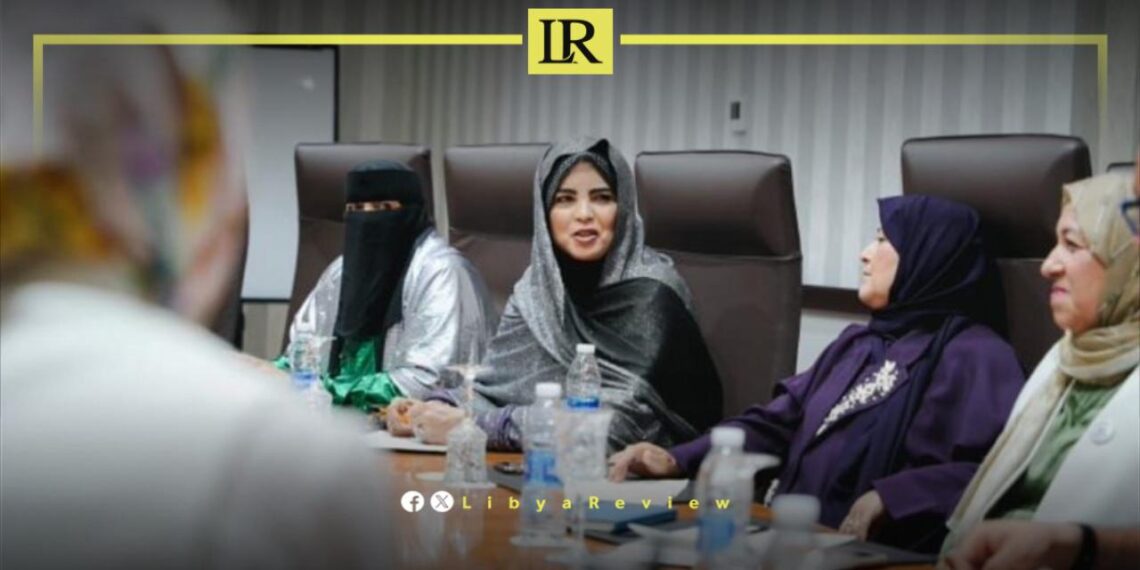On Tuesday, the U.S. Embassy in Libya held a meeting, in Tripoli, with a group of dynamic Libyan women leaders from all over Libya.
According to the embassy, the meeting discussed the U.S. support for the full participation of Libyan women in the political process. It also discussed the country’s economic development, community building, and initiatives that advance the ongoing work under the U.S. Strategy to Prevent Conflict and Promote Stability.
Notably, US Senior Deputy Assistant Administrator for the Middle East Bureau, Andrew Plitt, and the new Mission Director for the United States Agency for International Development (USAID), Christopher La Fargue, met with the Libyan Minister of Local Governance, Badr Al-Deen Al-Toumi.
Members of the Murzuq Steering Committee also participated in the meeting in Tripoli, according to a statement by the US Embassy in Libya. The discussion focused on US support for reconstruction and reconciliation efforts in Murzuq.
La Fargue, on his first visit to Libya as the new USAID Mission Director, expressed his enthusiasm about the collaboration. He stated, “I look forward to working with Libyans from across Libya to promote stability and improve service delivery throughout the country.”
The meeting underscored the commitment of the United States to assist Libya in its reconstruction efforts. The support aims to enhance local governance, foster reconciliation, and ensure the efficient delivery of services. This engagement is part of a broader U.S. strategy to promote peace and stability in Libya.
The discussions included detailed plans on how USAID can support local initiatives in Murzuq, a town significantly affected by conflict. The focus is on rebuilding infrastructure, restoring essential services, and promoting social cohesion.
La Fargue highlighted the importance of these efforts, noting that stability and improved services are crucial for Libya’s future. He emphasized that USAID’s role is to work closely with Libyan partners to achieve these goals. The collaboration is expected to yield tangible benefits for communities across Libya.


